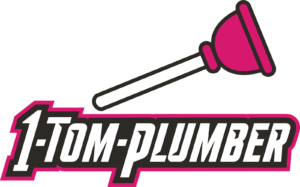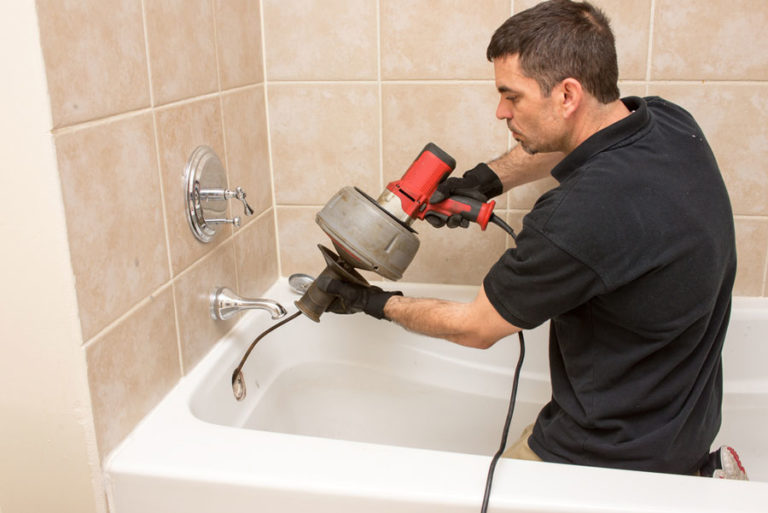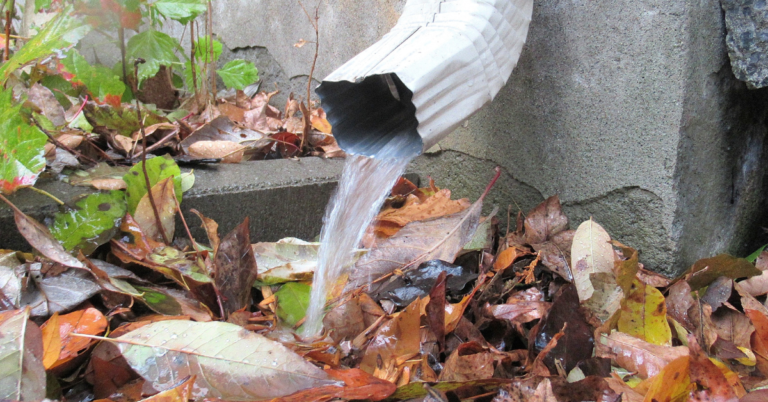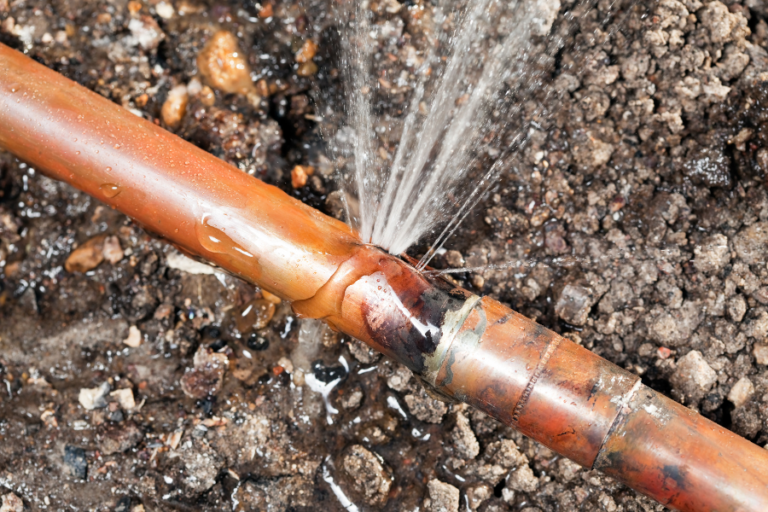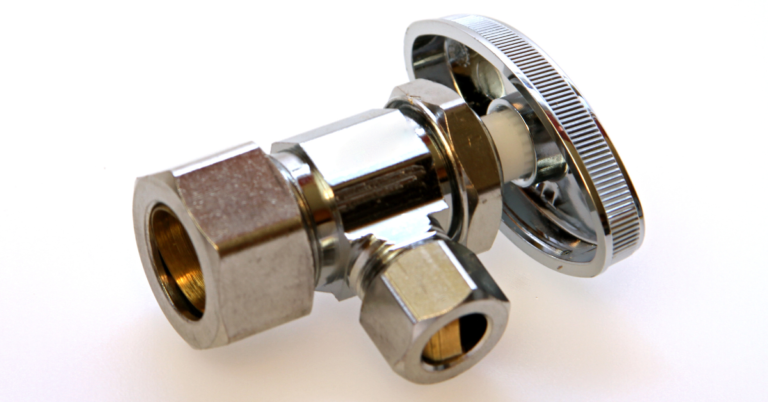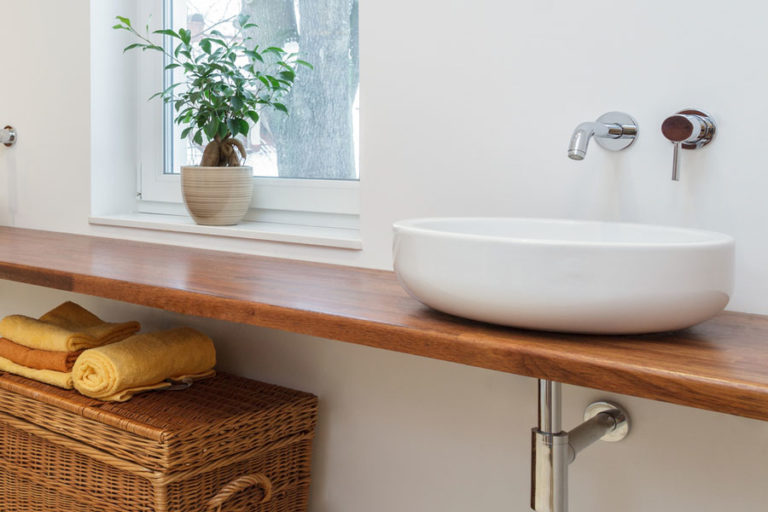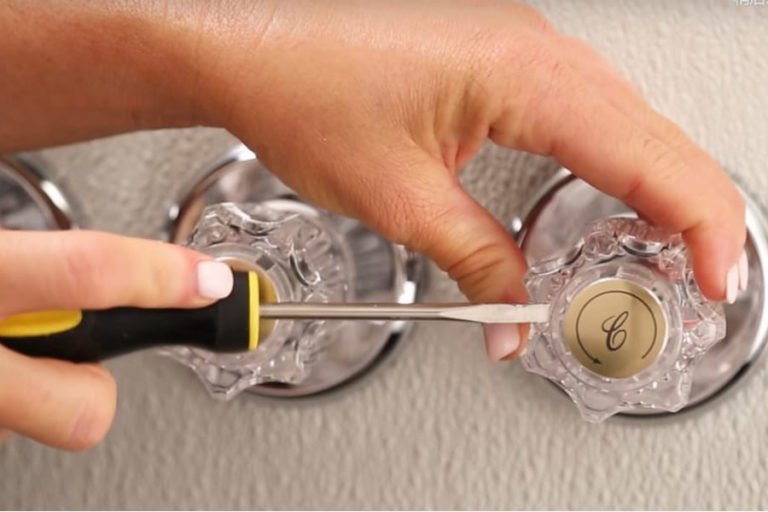Types of Whole Home Water Filters & How They Work
Whether you get your water from the city or get your water from a well, a water filtration system is a good idea. Water from the city is generally clean but after coming through pipes and faucets, it might be wise to have a filter. Filtered water also helps prevent sediment build up and lets your appliances run more efficiently.
Sediment Filters

Sediment filters are often the first (or only) filter in a whole home water filtration system. Their main purpose is to remove sediment from the water. The sediment these filters trap can range from rust flecks from aging pipes to dirt or clay. Sediment can clog pipes which means that you may get a decrease in water pressure or appliances might not run as efficiently.

They typically work to make other filtration systems more efficient because they get the largest material out of the way. Sediment can also clog up other filters and cause them to need to be replaced often.
They work by generally having multiple layers of material with various pore sizes. The pores are too small for the sediment particles to pass through so they become trapped. Only clean water can pass through them.

Carbon Filters
Municipal water supplies typically use chlorine or chloramines to kill bacteria in water. While it is safe to consume, it doesn’t always taste the best. Carbon filters are the solution to this problem. They also help protect against pesticides and herbicides which can find their way into water from runoff water.

Carbon filters are generally made from activated carbon which can include coconut, charcoal, wood or bone char. These materials work in a process called adsorption. They attract the chlorine and chloramine to them and let the clean water flow out.
Calcite Filters

Calcite filters are also commonly known as acid neutralizer filters. Before precipitation water’s pH level is usually about a 7. Any water with a pH of less than 7 is considered acidic water. Acidic water can wreak havoc on your pipes and appliances. The acidic water generally causes them to corrode.
Calcite, which is rich in calcium, is used to neutralize the water due to its high alkalinity. Alkaline is the opposite of acidic. When the acidic water mixes with the calcite, the calcite generally dissolves. This causes the water to become more neutral.

UV Filters
UV or ultraviolet light filters are the solution to getting rid of bacteria in your water. These are necessary if you have a well. They are also beneficial if there are frequent boil water advisories or natural disasters. UV systems are generally the last step in a whole home water filter system.
They work by water flowing under a uv lamp, the ultraviolet rays kill 99.9% of living organisms in your water.

Water Softeners
While not a traditional water filtration system, they do remove minerals that can cause hard water. Hard water can build up in your pipes and on your faucets. It can cause clogs and cause your appliances to not work properly.

Water softeners use a process called ion exchange. Calcium and magnesium ions are positively charged. The water softener uses negatively charged ions. All the ions attract to each other and cause the calcium and magnesium to become trapped.
Final Thoughts
All of these different filtration systems can be used separately but work better together to give yourself the cleanest water possible. There is no wrong option or way to do it. It is best to talk to your local 1-Tom-Plumber for installation help.
Call 1-Tom-Plumber
Don’t hesitate to contact us or call us at 1-Tom-Plumber (1-866-758-6237) if you’d like to know more about whole home water filter systems. We will immediately handle any emergency plumbing, drain, and water damage problems, including excavation of underground water lines and sewer main lines.
